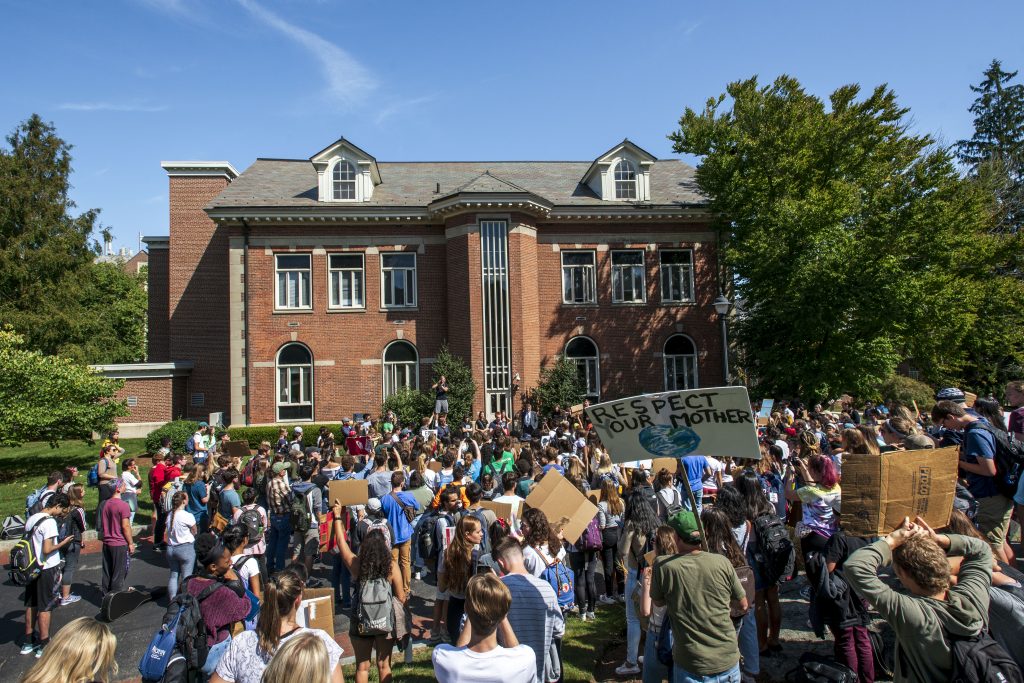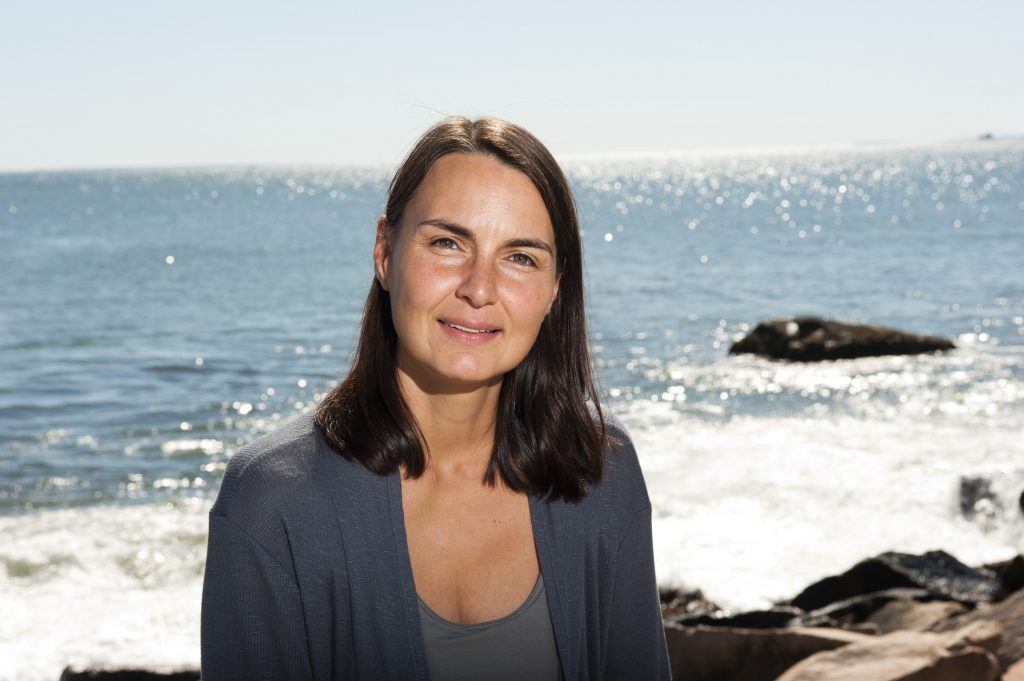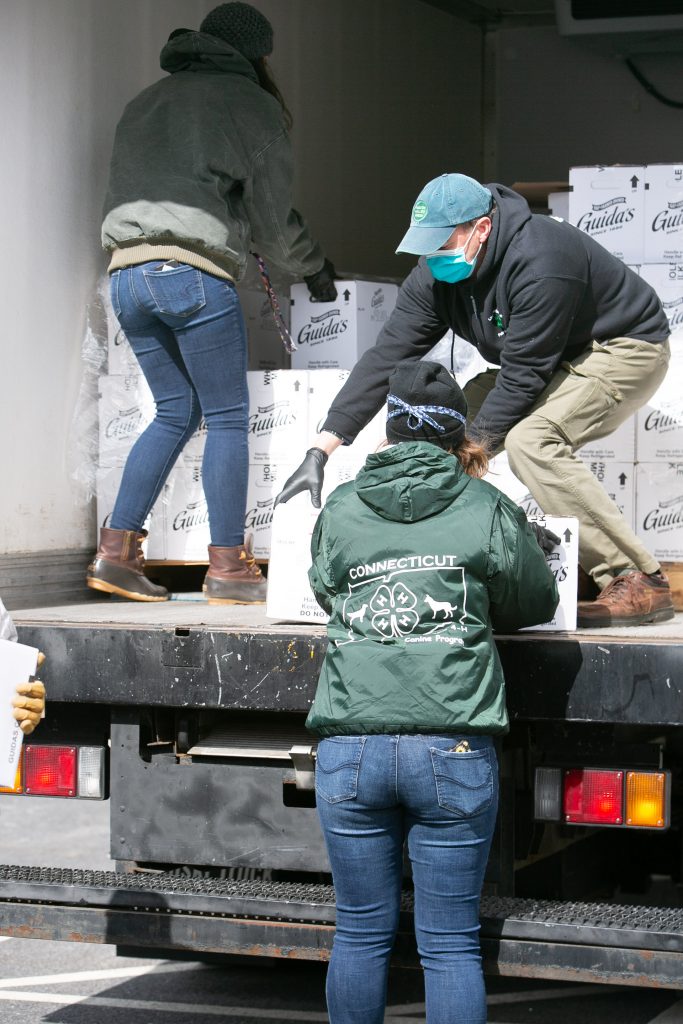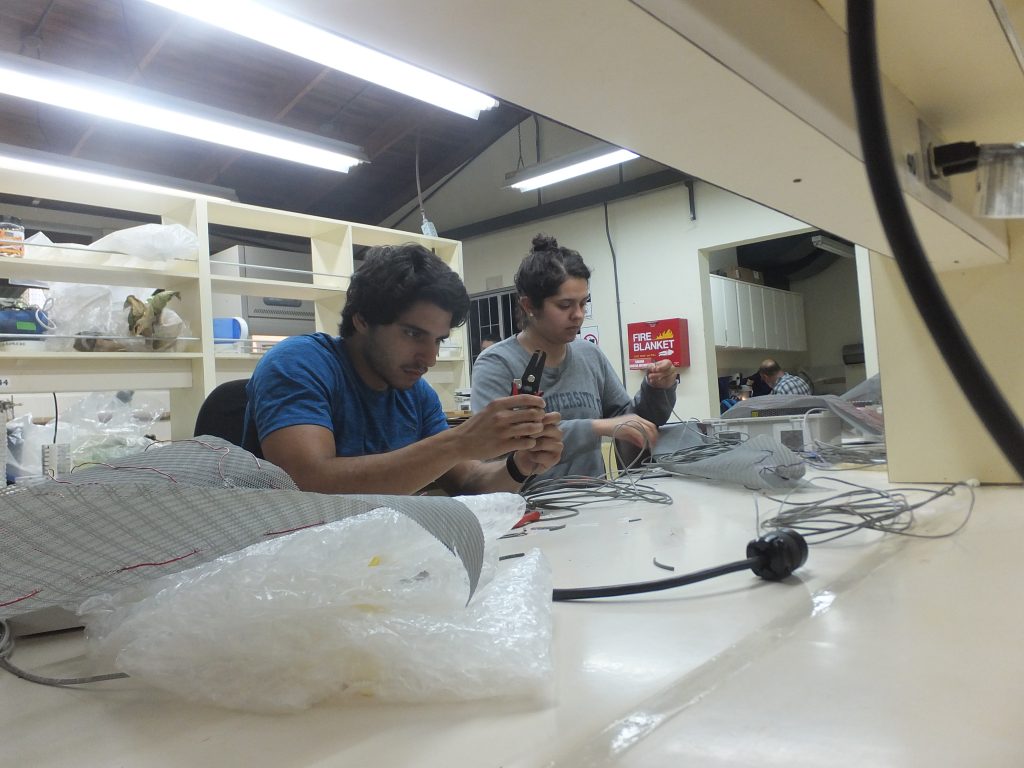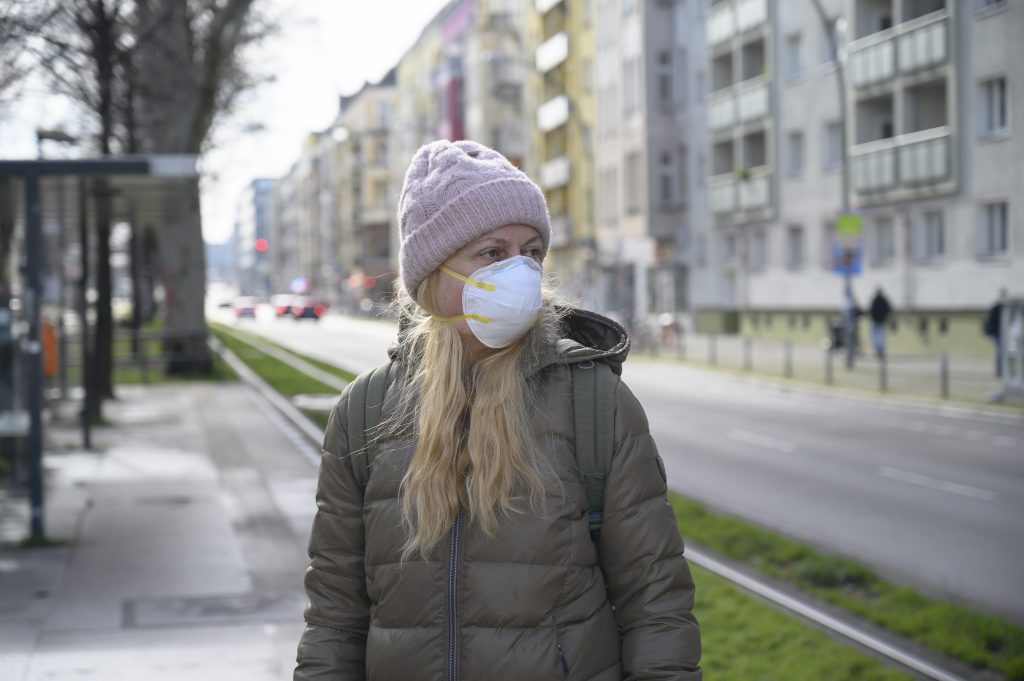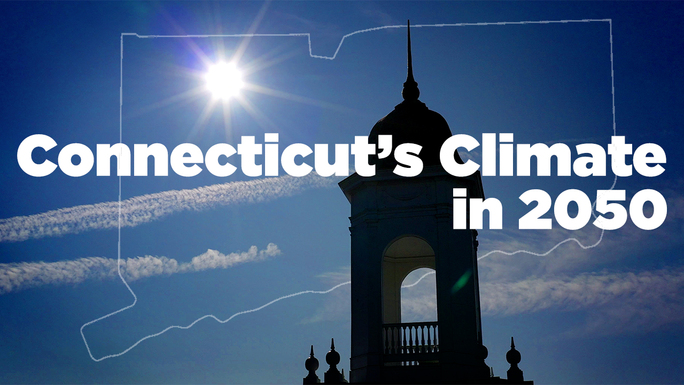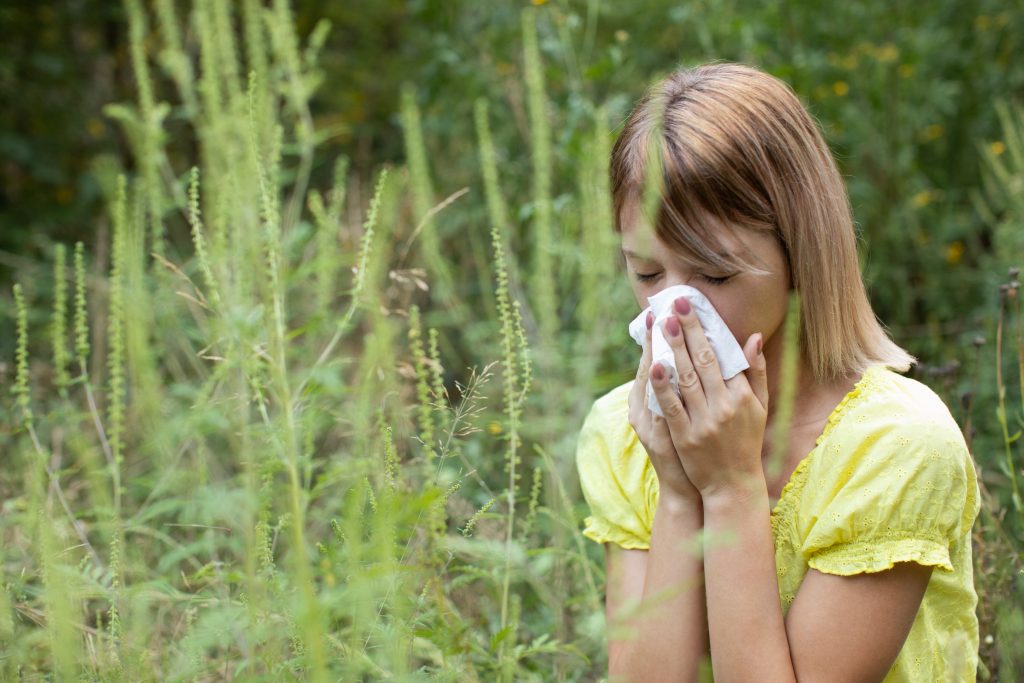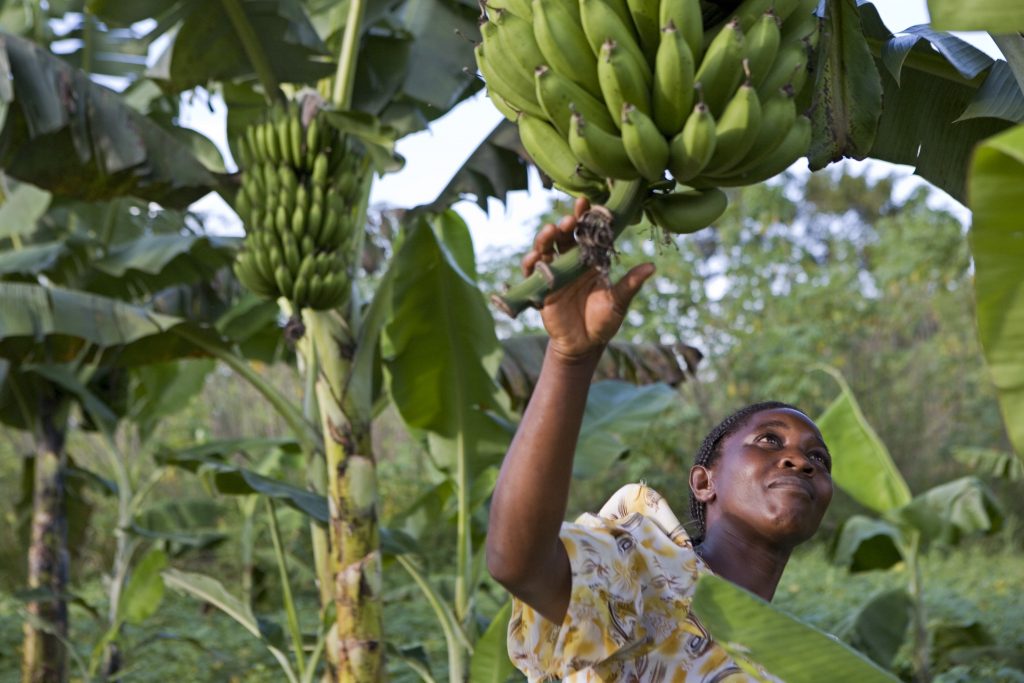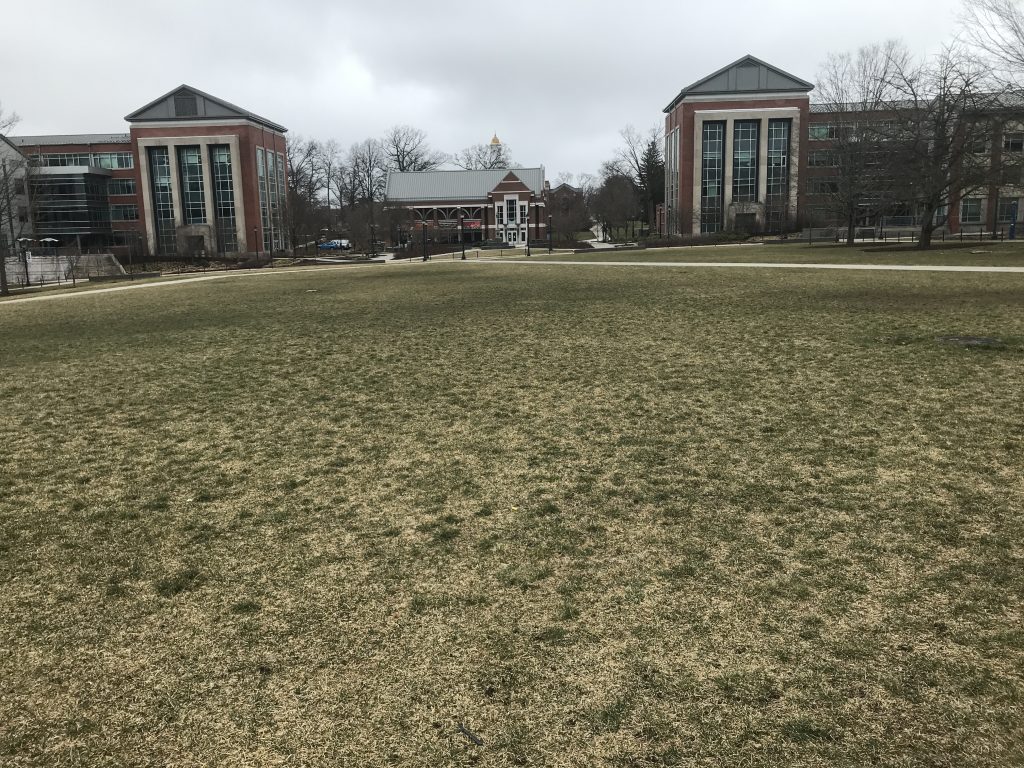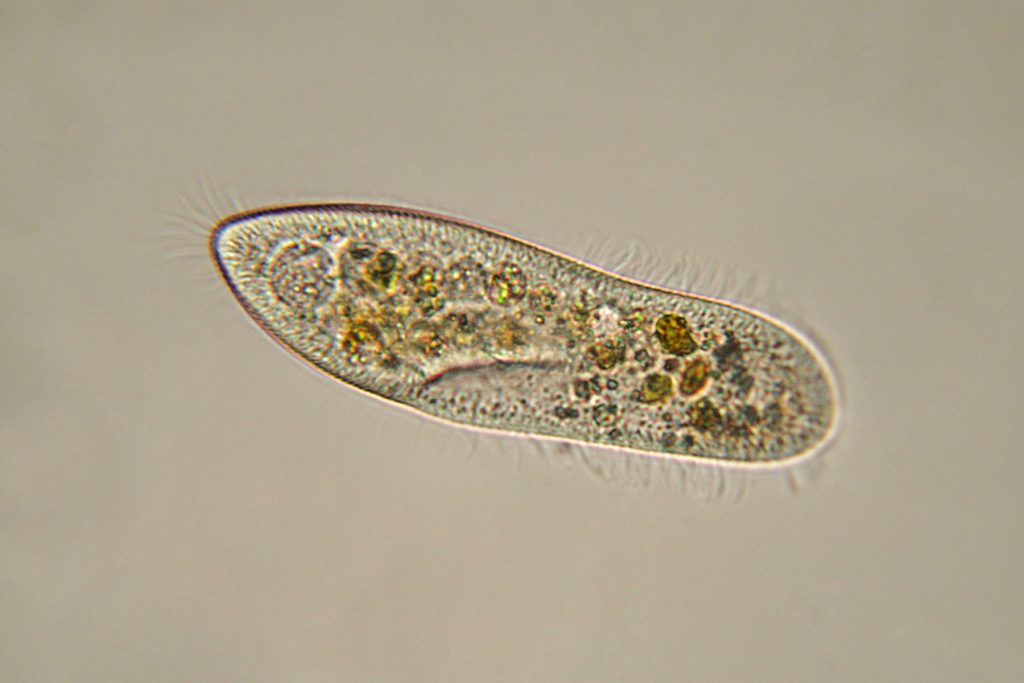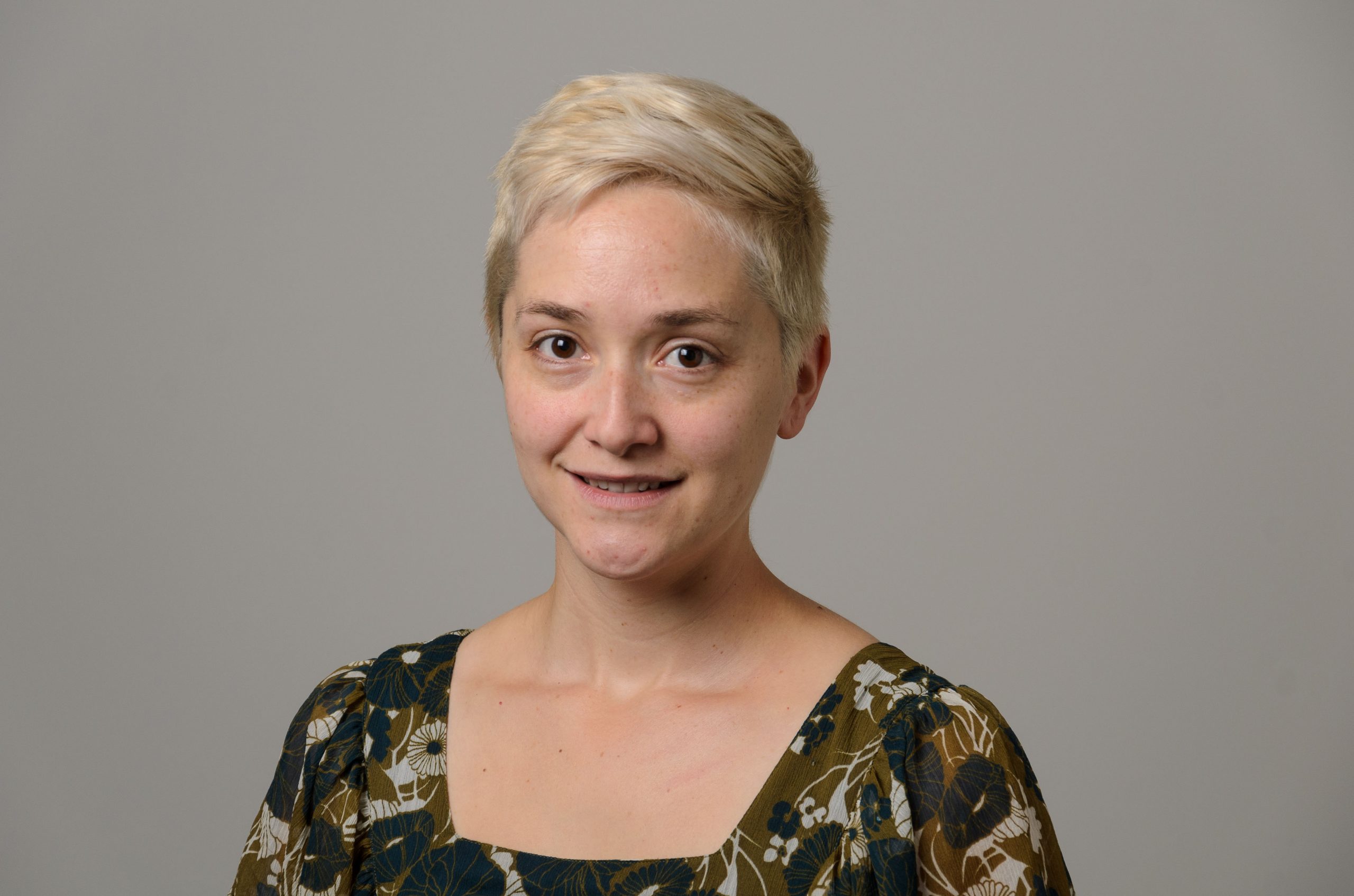
Elaina Hancock
Author Archive
If You Have Eco-Anxiety, This Class is For You
Students who took UConn's first-ever class on the Anthropocene say the experience helped them better understand the challenges facing the planet.
May 26, 2020 | Elaina Hancock
The Journey to International Environmental Policy Starts with a Single Step
UConn Marine Sciences Professor Penny Vlahos discusses her recent experience on a global panel charged with making recommendations to policymakers about pollutants.
May 14, 2020 | Elaina Hancock
Preventing Spilled Milk — UConn Responds to the Dairy Dilemma
UConn Extension and the Litchfield County 4H are leading an effort to donate dairy products that can't be sold because of the pandemic, helping both food pantries and dairy farmers.
May 11, 2020 | Elaina Hancock
Bringing the Heat to Field Research
The ability to 'MacGyver' equipment in the field has led UConn researchers to an important tool for studying global warming.
April 29, 2020 | Elaina Hancock
Don’t Expect a Summer Reprieve From COVID-19
New preliminary research suggests warm weather may not cause as much of a drop in the spread of the novel coronavirus as some are expecting.
April 23, 2020 | Elaina Hancock
What’s Ahead for Connecticut’s Climate
A new report lays out the science projecting Connecticut's hotter, more uncertain future as the climate changes.
April 22, 2020 | Elaina Hancock
Got Seasonal Allergies? Beetles Could Help
An invasive plant at the root of much seasonal allergy misery could be controlled by another recent arrival: the leaf beetle.
April 21, 2020 | Elaina Hancock
Mismanagment, Not Tampering, at Root of Supply Problems for Ugandan Farmers
Two UConn researchers have discovered that mismanagement, rather than tampering, is to blame for problems in the Ugandan food supply chain.
April 17, 2020 | Elaina Hancock
UConn Students Watching and Learning from the Pandemic
A class focused on infectious diseases has gained a new gravity as the coronavirus pandemic unfolds.
April 8, 2020 | Elaina Hancock
A Roadmap to Transform Protist Research
An international group of scientists from over 40 research groups, including UConn marine science professor Senjie Lin’s team, collaborated to create the tools necessary for studying the genetic details of a broad range of microscopic marine creatures called protists.
April 6, 2020 | Elaina Hancock
